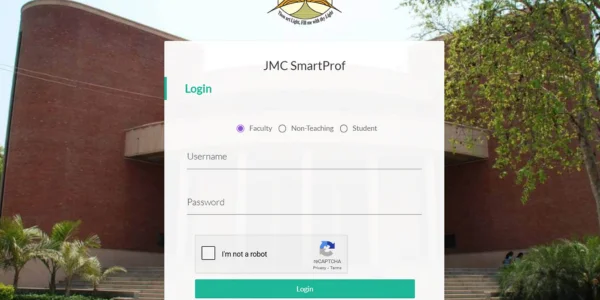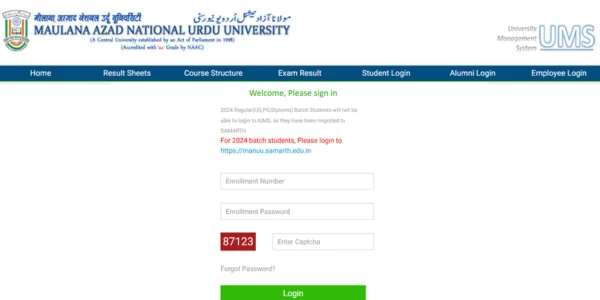BPO course full form is Bachelor in Prosthetics and Orthotics. This undergraduate program focuses on the rehabilitation of individuals with locomotor disabilities or neuromuscular disorders by designing and fitting prosthetic and orthotic devices. The course integrates clinical practice with technical skills to prepare professionals capable of improving patients’ mobility and quality of life.
Course Overview
The Bachelor in Prosthetics and Orthotics is a four-year full-time undergraduate course, followed by a six-month mandatory internship—three months each in prosthetics and orthotics. The curriculum is designed to provide both theoretical knowledge and practical skills. Key subjects typically include:
- Anatomy and Physiology: Understanding the human body’s structure and function.
- Biomechanics: Studying the mechanical aspects of movement.
- Pathology: Learning about diseases and their effects on the body.
- Prosthetics and Orthotics Science: Designing and fabricating artificial limbs and supportive devices.
- Rehabilitation Engineering: Applying engineering principles to develop assistive technology.
The program also emphasizes clinical practice, where students gain hands-on experience in patient assessment, device fabrication, and fitting.
Eligibility Criteria
To be eligible for the BPO course, candidates must have completed their 10+2 education with Physics, Chemistry, and Biology as core subjects. A minimum aggregate score of 50% is typically required, though specific criteria may vary by institution. Some universities may also conduct entrance examinations as part of the admission process.
Career Opportunities and Scope
Graduates of the BPO program have diverse career opportunities in both public and private sectors, including:
- Hospitals and Rehabilitation Centers: Providing patient care and device fitting services.
- Prosthetics and Orthotics Manufacturing Units: Involvement in the design and production of assistive devices.
- Academic Institutions: Serving as lecturers or researchers in the field.
- Private Practice: Establishing clinics to offer specialized services.
Job roles for BPO graduates include Prosthetist, Orthotist, Rehabilitation Specialist, and Product Development Manager. The demand for these professionals is increasing due to advancements in medical technology and a growing focus on rehabilitation services.
Conclusion
The Bachelor in Prosthetics and Orthotics (BPO) program offers a comprehensive education combining medical science and engineering principles. Graduates are well-equipped to contribute significantly to the healthcare sector by enhancing the mobility and independence of individuals with physical disabilities. The program not only provides technical expertise but also fosters empathy and a commitment to improving patients’ quality of life.




